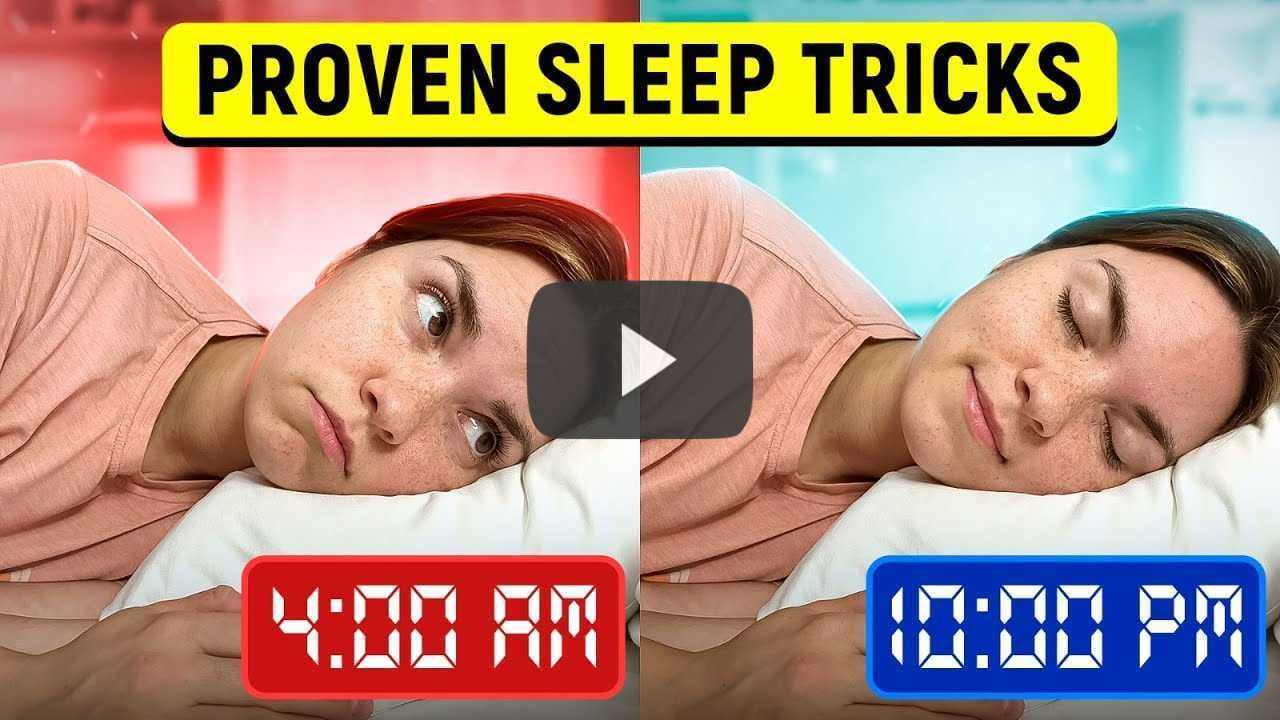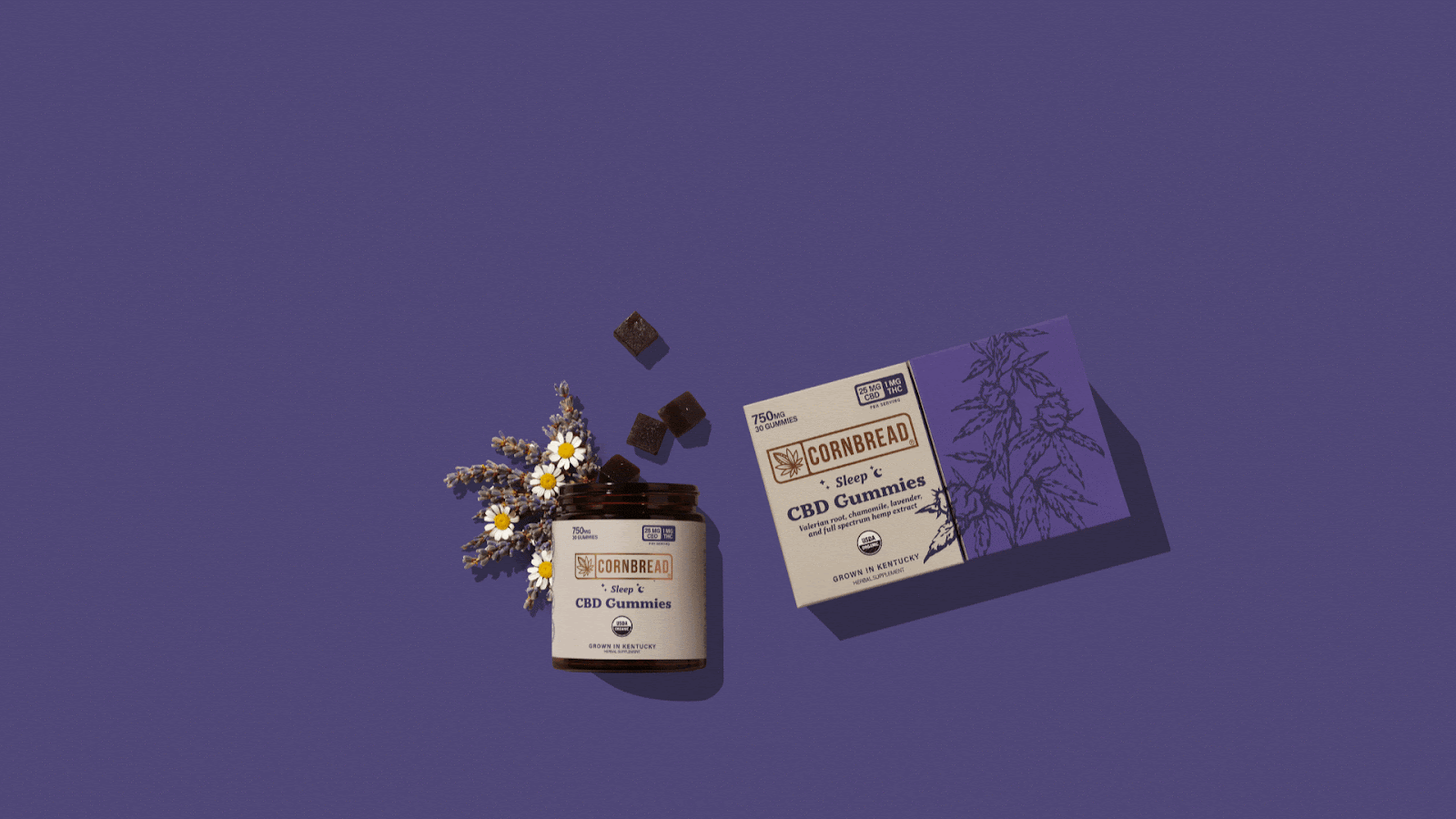Always give each day your best! While also remembering that “your best” might look different from one day to another.
In A Rush?
Today’s 30-Second Summary
If you don’t have time to read the whole email today, here are some key takeaways:
Spermidine is enjoyed by many in the hopes of boosting healthy longevity.
Today’s main feature looks at the science behind this, how it works, and the best ways to get a healthy dose of it.
Have you tried everything for sleep and still find yourself getting to sleep later than you’d like, and/or sleeping less soundly than you’d like?
Today’s sponsor Cornbread Hemp is offering 30% of their gummies that combine organic CBD with lavender, valerian, and chamomile, for a synergistic soporific effect that’ll have you peacefully snoozing in no time, guaranteed (literally, they offer a guarantee).
Today’s featured recipe is for a quercetin quinoa probiotic salad—a bit like a tabbouleh in feel, with half of the ingredients switched out to maximize phenolic and gut-healthy benefits!
Read on to learn more about these things, or click here to visit our archive
A Word To The Wise
Not “All In The Head”
❝What happens physiologically when I get a migraine? And what medications can I use to actually treat it?❞
Watch and Learn
Fall Asleep In 2 Minutes (Doctor Explains)
Dr. Siobhan Deshauer has advice beyond the obvious:
Prefer text? The above video will take you to a 10almonds page with a text-overview, as well as the video!
Q&A Thursday
It’s Q&A Day at 10almonds!
Have a question or a request? We love to hear from you!
In cases where we’ve already covered something, we might link to what we wrote before, but will always be happy to revisit any of our topics again in the future too—there’s always more to say!
As ever: if the question/request can be answered briefly, we’ll do it here in our Q&A Thursday edition. If not, we’ll make a main feature of it shortly afterwards!
So, no question/request too big or small 😎
❝Do you have any articles about using Anti-Histamines? My nose seems to be running a lot. I don't have a cold or any allergies that I know of. I tried a Nasal spray Astepro, but it doesn't do much.?❞
Just for you, we wrote such an article yesterday in response to this question!
The Astepro that you tried, by the way, is a brand name of the azelastine we mentioned near the end, before we got to talking about systemic corticosteroids such as beclometasone dipropionate—this latter might help you if antihistamines haven’t, and if your doctor advises there’s no contraindication (for most people it is safe for there are exceptions, such as if you are immunocompromised and/or currently fighting some infection).
You can find more details on all this in yesterday’s article, which in case you missed it, can be found at:
❝How much evidence is there behind the longevity-related benefit related to spermidine, and more specifically, does it cause autophagy?❞
A short and simple answer to the latter question: yes, it does:
For anyone wondering what autophagy is: it’s when old cells are broken down and consumed by the body to make new ones. Doing this earlier rather than later means that the genetic material is not yet so degraded when it is copied, and so the resultant new cell(s) will be “younger” than if the previous cell(s) had been broken down and recycled when older.
Indeed, we have written previously about senolytic supplements such as fisetin, which specialize in killing senescent (aging) cells earlier:
As for spermidine and longevity, because of its autophagy-inducing properties, it’s considered a caloric restriction mimetic, that is to say, it has the same effect on a cellular level as caloric restriction. And yes, while it’s not an approach we regularly recommend here (usually preferring intermittent fasting as a CR-mimetic), caloric restriction is a way to fight aging:
As for how spermidine achieves similarly:
However! Both of the scientific papers on spermidine use in humans that we’ve cited so far today have conflict of interests statements made with regard to the funding of the studies, which means there could be some publication bias.
To that end, let’s look at a less glamorous study (e.g. no “in humans” in the title because, like most longevity studies, it’s with non-human animals with naturally short lifespans such as mice and rats), like this one that finds it to be both cardioprotective and neuroprotective and having many anti-aging benefits mediated by inducing autophagy:
(the polyamines in question are spermidine and putrescine, which latter is a similar polyamine)
Lastly, let’s answer a few likely related questions, so that you don’t have to Google them:
Does spermidine come from sperm?
Amongst other places (including some foods, which we’ll come to in a moment), yes, spermidine is normally found in semen (in fact, it’s partly responsible for the normal smell, though other factors influence the overall scent, such as diet, hormones, and other lifestyle factors such as smoking, alcohol use etc) and that is how/where it was first identified.
Does that mean that consuming semen is good for longevity?
Aside from the health benefits of a healthy sex life… No, not really. Semen does contain spermidine (as discussed) as well as some important minerals, but you’d need to consume approximately 1 cup of semen to get the equivalent spermidine you’d get from 1 tbsp of edamame (young soy) beans.
Unless your lifestyle is rather more exciting than this writer’s, it’s a lot easier to get 1 tbsp of edamame beans than 1 cup of semen.
Here are how some top foods stack up, by the way—we admittedly cherry-picked from the near top of the list, but wheatgerm is an even better source, with cheddar cheese and mushrooms (it was shiitake in the study) coming after soy:
Alternatively, if you prefer to just take it in supplement form, here’s an example product on Amazon, giving 5mg per capsule (which is almost as much as the 1 cup of semen or 1 tbsp of edamame that we mentioned earlier).
Enjoy!
Our Sponsors Make This Publication Possible
Sweet dreams are just a gummy away.
After a long day, all you want is a good night’s sleep. Cornbread Hemp’s Sleep CBD Gummies are designed to help you achieve just that. These USDA organic, full spectrum CBD gummies are crafted to promote relaxation and restful sleep. All-natural and vegan, they’re a guilt-free and melatonin-free addition to your bedtime routine. Imagine slipping into bed, feeling calm and at ease, knowing that sweet dreams are just a gummy away.
For a limited time, buy one and get the second free with code SUMMERTIMEBOGO. Make tonight the start of your journey to better sleep with Cornbread Hemp:
Please do visit our sponsors—they help keep 10almonds free
This Or That?
Vote on Which is Healthier
Yesterday we asked you to choose between apples and pears—we picked the pears (click here to read about why), as did only 23% of you!
Now for today’s choice:
Click on whichever you think is better for you!
Bonus (Sponsored) Recommendation
Don't let the heat drain your natural energy. Stay cool, hydrated, and vibrant with NativePath Hydrate. Unlike most hydration supplements, Native Hydrate contains high-quality amino acids and electrolytes, providing optimal hydration without excessive sodium or added sugars. Simply mix one scoop into water or your favorite beverage and enjoy increased energy levels, improved muscle strength, and bladder function all season long. Stock up and save big!
Recipes Worth Sharing
Quercetin Quinoa Probiotic Salad
This quercetin-rich salad is a bit like a tabbouleh in feel, with half of the ingredients switched out to maximize phenolic and gut-healthy benefits:
Click below for our full recipe, and learn its secrets:
One-Minute Book Review
Good to Go: What the Athlete in All of Us Can Learn from the Strange Science of Recovery – by Christie Aschwanden
Many of us may more often need to recover from a day of moving furniture than running a marathon, but the science of recovery can still teach us a lot. The author, herself an endurance athlete and much-decorated science journalist, sets out to do just that.
She explores a lot of recovery methods, and examines whether the science actually backs them up, and if so, to what degree. She also, in true science journalism style, talks to a lot of professionals ranging from fellow athletes to fellow scientists, to get their input too—she is nothing if not thorough, and this is certainly not a book of one person’s opinion with something to sell.
Indeed, on the contrary, her findings show that some of the best recovery methods are the cheapest, or even free. She also looks at the psychological aspect though, and why many people are likely to continue with things that objectively do not work better than placebo.
The style is very easy-reading jargon-free pop-science, while nevertheless being backed up with hundreds of studies cited in the bibliography—a perfect balance of readability and reliability.
Bottom line: for those who wish to be better informed about how to recover quickly and easily, this book is a treasure trove of information well-presented.
Penny For Your Thoughts?
What did you think of today's newsletter?
Wishing you a healthy day in every way,
The 10almonds Team









